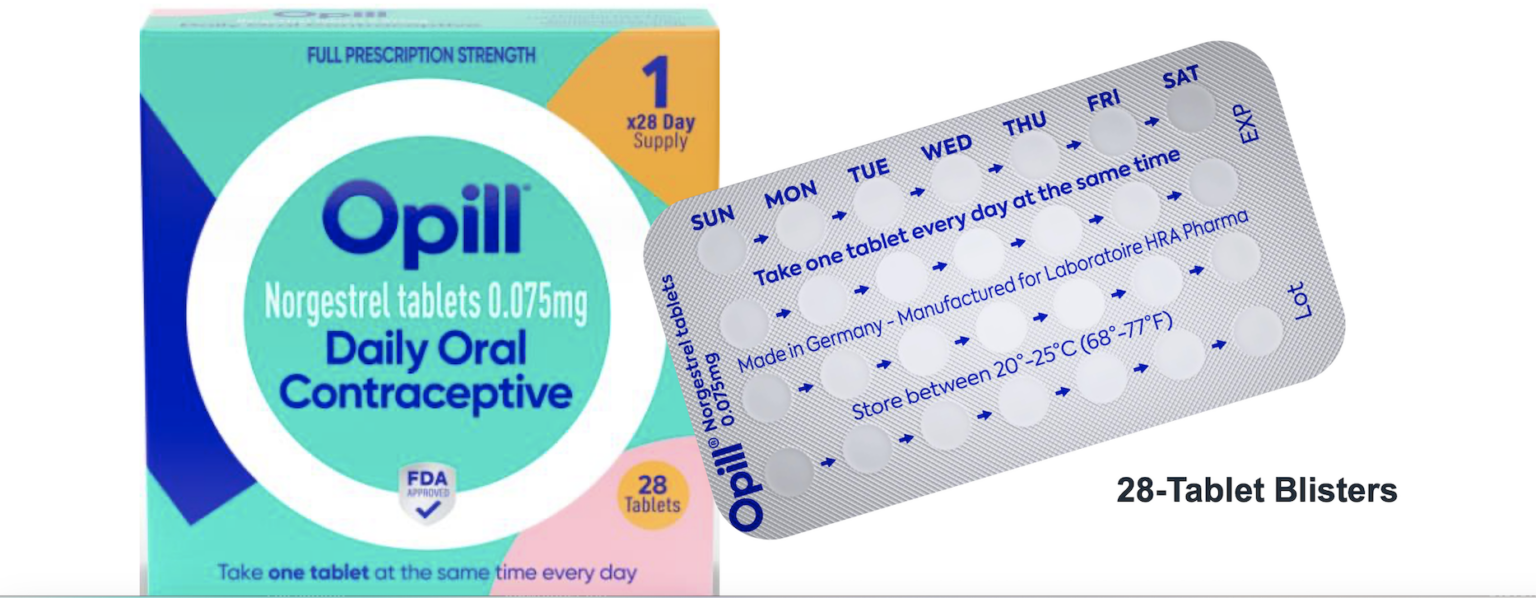LISTEN TO THIS ARTICLE:
The Food and Drug Administration (FDA) has recently granted approval for an over-the-counter birth control pill. This milestone decision not only simplifies access to birth control but also increases women’s autonomy over their reproductive choices. The over-the-counter availability of birth control empowers women to take control of their reproductive health more conveniently, privately, and confidently, contributing to improved mental well-being.
Enhancing accessibility to birth control
The FDA’s approval of an over-the-counter birth control pill is a turning point in improving the accessibility of birth control. Eliminating the requirement for a prescription reduces barriers to obtaining contraception. It removes the stress of time-consuming and expensive visits to healthcare providers. Instead, women can conveniently purchase the pill from pharmacies, enabling them to exercise control over their reproductive health on their terms.
This improved accessibility is particularly significant for women who face barriers in obtaining regular prescriptions. This includes people with limited access to healthcare facilities or those who live in remote areas. Additionally, over-the-counter availability ensures that women no longer have to navigate the complexities of insurance coverage or worry about co-pays. This makes birth control more affordable and attainable for all. This reduces financial concerns and anxiety associated with accessing contraception.

Empowering women’s reproductive autonomy
Roughly half of all pregnancies in the U.S. are unplanned. Making birth control over-the-counter will hopefully reduce that number. It will also increase the chance that, when women do choose to get pregnant, they are prepared for the journey ahead. By removing the need for a prescription, women no longer have to rely on medical professionals to access birth control. This reduces stigma and feelings of dependence. Putting birth control literally in the hands of women acknowledges that they are capable of making informed decisions about their reproductive health and grants them the freedom to do so.
The personal autonomy granted by the availability of an over-the-counter birth control pill is particularly crucial for marginalized communities. Think about low-income women, teenagers, and individuals without health insurance. These groups often face significant barriers when it comes to accessing birth control. There are financial constraints, lack of information, or stigma associated with seeking reproductive healthcare. This new decision diminishes these barriers and ensures that all women can exercise their reproductive rights and take control of their futures.
The impact on women’s mental health
The availability of an over-the-counter birth control pill has the potential to positively impact women’s health on various fronts. Firstly, it offers an additional layer of privacy for women, allowing them to manage their reproductive health discreetly. This enhanced privacy may alleviate any concerns or stigma that people might face when discussing birth control with healthcare providers or pharmacists.
Furthermore, the accessibility of an over-the-counter birth control pill encourages consistent and correct usage. By removing barriers to obtaining birth control, women are more likely to start and continue using contraceptives, reducing the risk of unintended pregnancies. Unplanned or unwanted pregnancies are a significant source of emotional distress for women. Easily available birth control enables women to space out their pregnancies according to their personal circumstances, goals, and readiness. Having the ability to plan and make choices about their reproductive journey can contribute to a sense of stability, reduce feelings of uncertainty, and promote better mental health outcomes.
Consistent use of birth control also provides other health benefits. Many people take birth control polls to help manage symptoms of various gynecological conditions, such as polycystic ovary syndrome (PCOS) and endometriosis. Taking birth control pills can also help some women regulate what would otherwise be irregular periods. Over-the-counter birth control allows women to manage these conditions more effectively and reduces the accompanying physical and emotional burdens. Relief from these symptoms can contribute to improved mental health by enhancing overall well-being and reducing emotional distress.
The FDA’s approval of an over-the-counter oral contraceptive pill represents a significant step forward in improving women’s reproductive rights and autonomy. It simplifies access to birth control and empowers women to take control of their reproductive health. Enhanced accessibility not only removes barriers for marginalized communities but also ensures privacy and promotes consistent contraceptive use.

 Learn
Learn Read Stories
Read Stories Get News
Get News Find Help
Find Help
 Share
Share
 Share
Share
 Share
Share
 Share
Share



